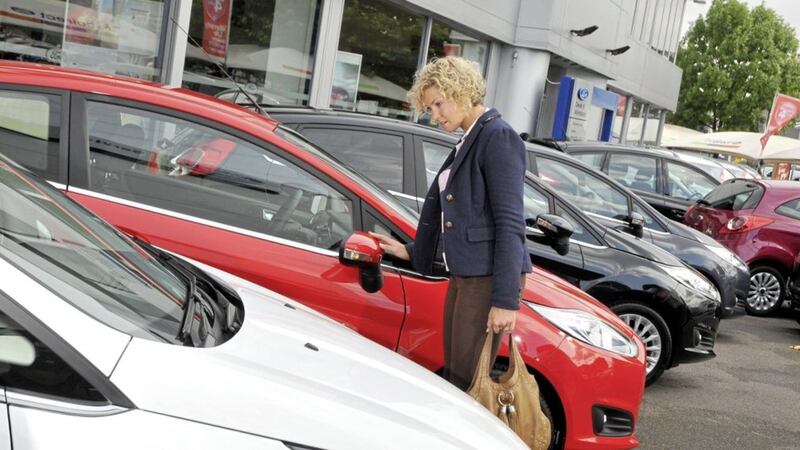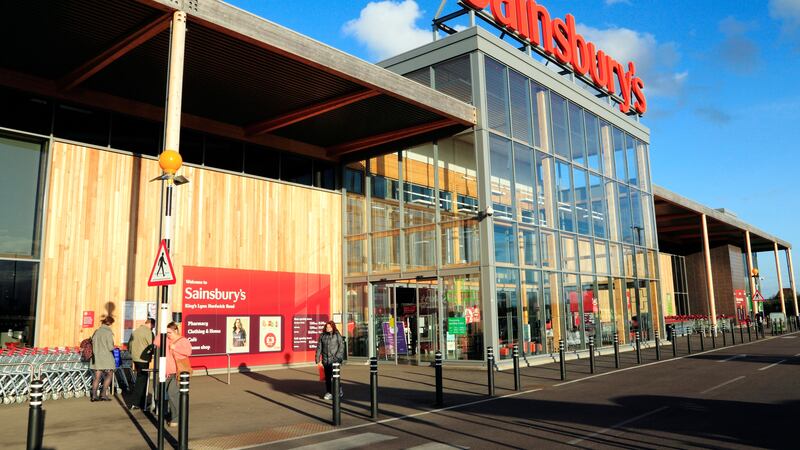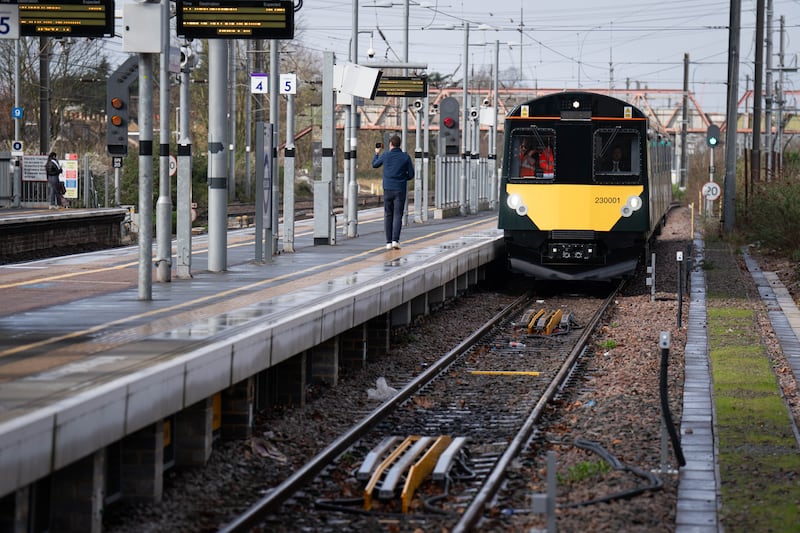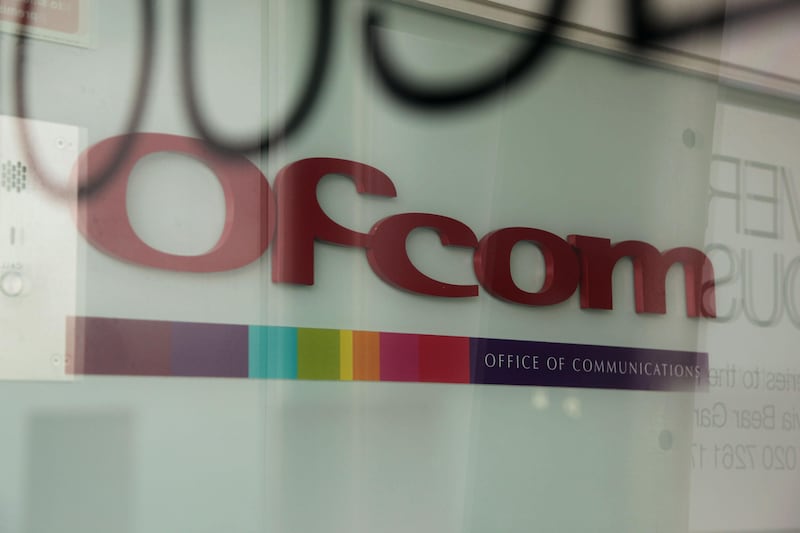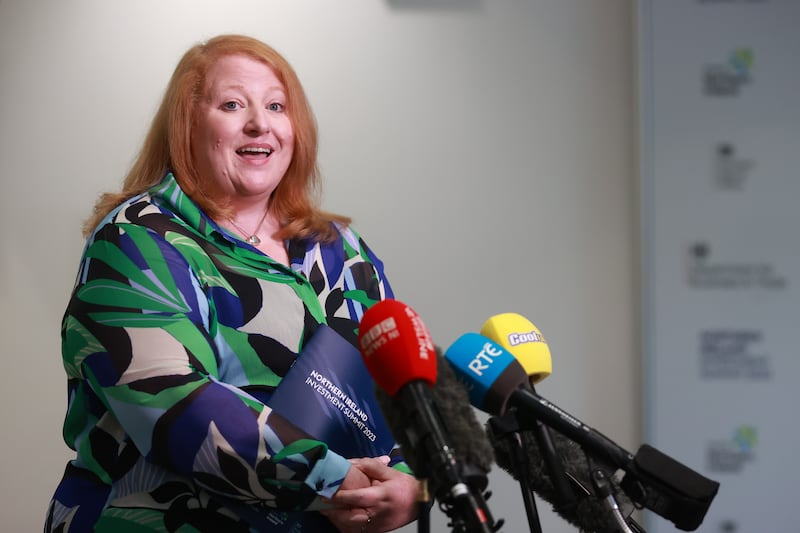BUSINESSES and consumers in Northern Ireland are starting to feel the pinch as virtually all economic indicators spell trouble ahead.
As the UK electorate goes to the polls on Thursday to decide who they want running the economy and with what economic policies, the continuing political impasse in the north suggests the region could lurch on into the autumn without a properly-costed budget or meaningful local leadership.
And that is impacting on companies' and people's confidence and spending power, according to a raft of new and current data.
Figures across the economic spectrum in Northern Ireland in recent weeks show:
:: New car sales have gone into reverse, slumping 10 per cent in a year;
:: Wages aren't growing in line with inflation, effectively meaning salaries are going down;
:: Footfall figures on the high street are dropping as shoppers postpone or even cancel buying big ticket items;
:: Less people are getting jobs, with employment showing its largest decrease in the last quarter for eight years;
:: The region has its highest 'economically inactivity' rate in more than two decades (27.7 per cent of the NI population is doing nothing).
:: The north has the lowest per capita level of household income, at £15,913, in the whole of the UK - even worse than where it was in percentage terms before the 2008 recession and banking crisis.
And that all comes against the backdrop of the uncertainly around Brexit, and as the Stormont Executive remains dissolved, it offers limited regional input into UK attempts to negotiate a favourable exit from the European Union.
Commentators believe the bickering parties in the north are putting their own political interests ahead of those of the people and business - claims the parties have consistently denied.
The Office for National Statistics says that in 2015/16 total public spending in, or attributable to, Northern Ireland was £26 billion whereas total regional tax receipts were just £15.9 billion, leaving the Treasury to meet the £10.1bn shortfall.
If devolution can eventually be restored, one of the questions an Executive will be put under pressure to consider consider is whether some local taxes and charges should be increased.
Figures yesterday show the number of new car registered in Northern last month fell by almost 10 per cent from May 2016 to 4,136, meaning the total of already 5.8 per cent short of where it was this time last year.
Mike Hawes from the Society of Motor Manufacturers and Traders claimed the upcoming general election was "always likely to give many pause for thought and affect purchasing patterns in the short term".
Meanwhile the latest British Retail Consortium-KPMG report shows a drop in retail sales in May, with online trading hitting record lows.
Sales dropped by 0.4 per cent last month, down from a 0.5 per cent growth last year.
KPMG retail head Paul Martin said retailers had been "brought back down to earth with a thump" after April's sales surge (which, admittedly, was helped by the timing of the Easter holidays).
He added: "The impact of inflationary pressures on the nation's purse continues to play out in this month's figures, with shoppers evidently spending more on food and drink than on non-food purchases.
"With inflation continuing to rise and wage growth stagnating, consumers are starting to feel the pinch."
In April inflation hit its highest level for nearly four years at 2.7 per cent, putting added pressure on consumers already struggling due to low wage growth.
And separate figures from Barclaycard showed consumer spending growth had fallen to a 10-month low of 2.8 per cent in May, as shoppers spent more money on experiences over goods.
Combined, it all leaves Northern Ireland's economy in a hugely vulnerable position - a fact expected to be further underlined in the findings of Ulster Bank's May PMI report due for release next Monday.
